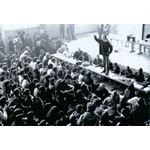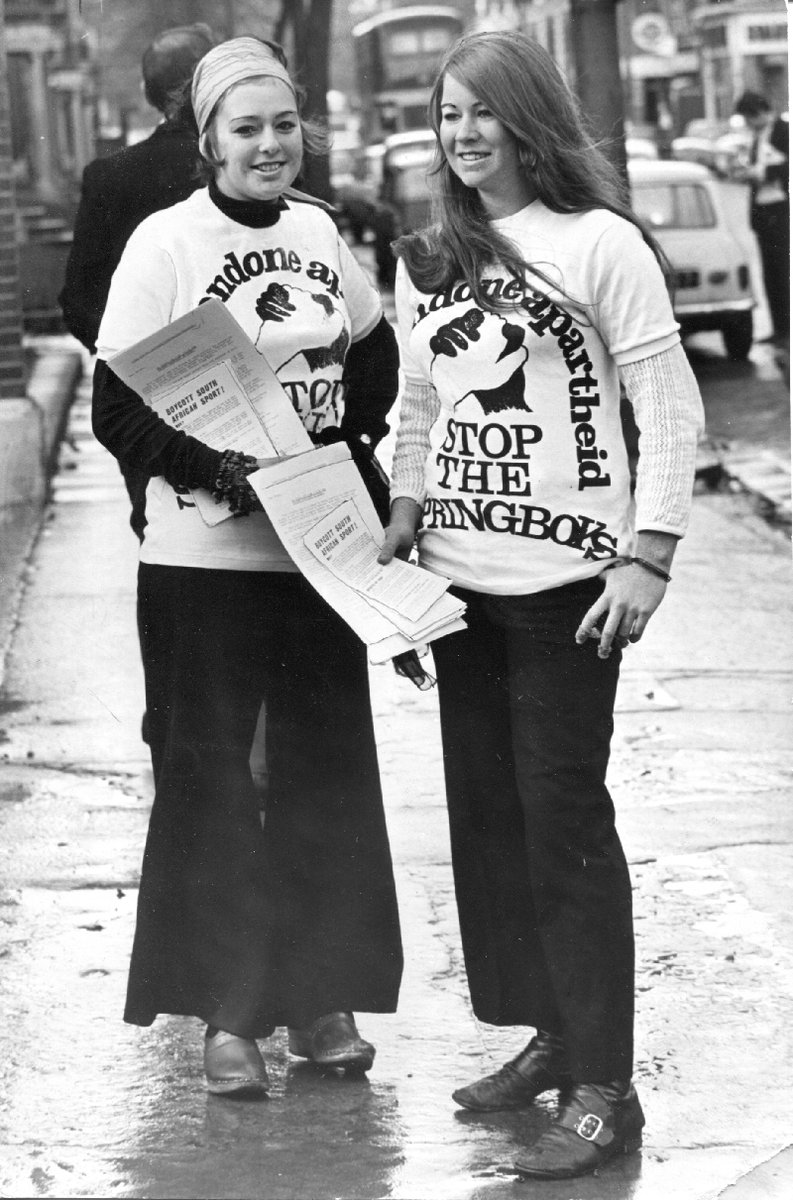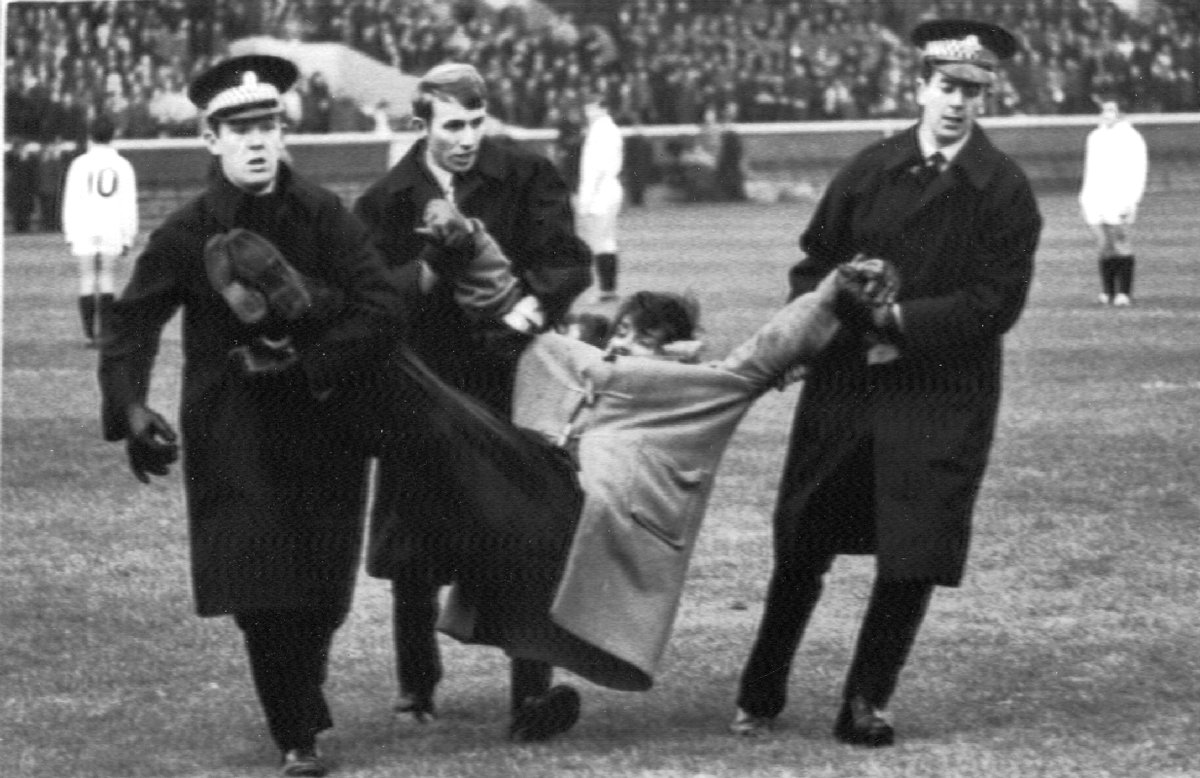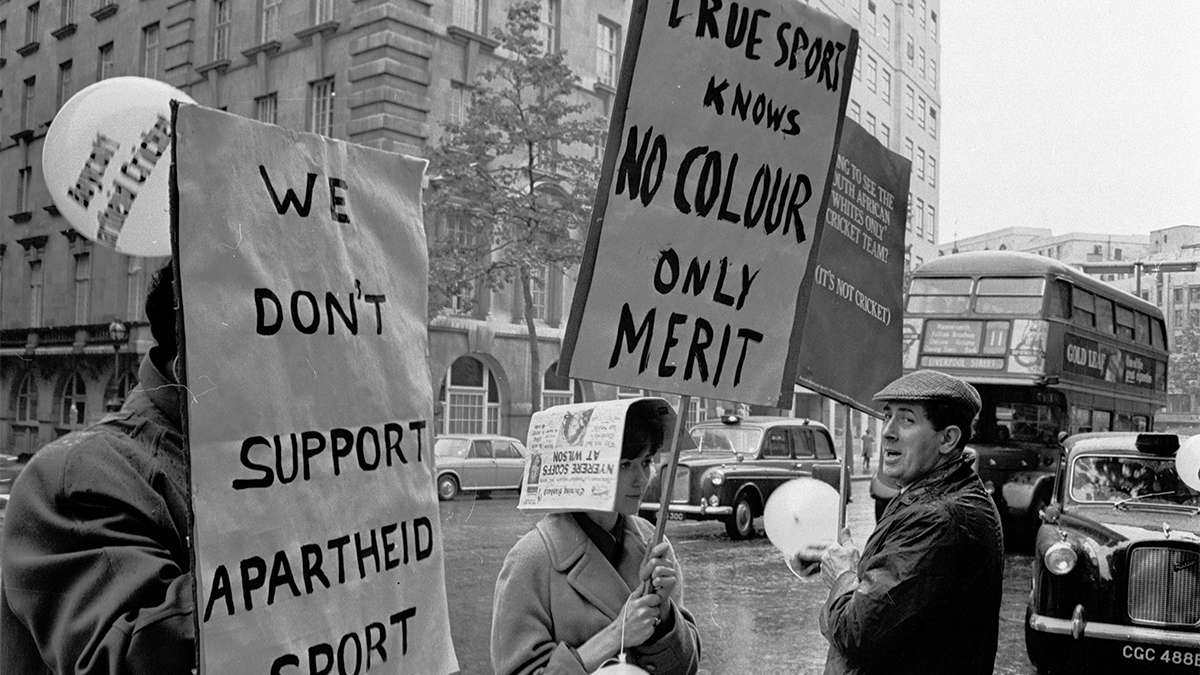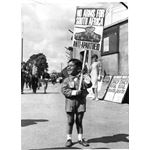
There were lots of Portugese students in London, who were opposed to Salazar, the fascist dictator of Portugal at the time.
Organisations would send delegates to these meetings.
(33)
Organisations would send delegates to these meetings.
(33)
She was secretary of the Dambusters Mobilising Committee and says it never occurred to her that #spycops would have attended their meetings.
(34)
(34)
They campaigned to stop British (and other European) companies from financing or getting involved in this controversial dam-building project.
(35)
(35)
She recalls that many of the campaigners bought shares so they could attend AGMS, such as that of Barclays Bank. These were very successful protests, gaining coverage in the Financial Times etc
(36)
(36)
She recounted good-humoured questioning at the AGMs, (they were “certainly not violent”).
(37)
(37)
a few more pieces of evidence which are now on the Inquiry website:
[UCPI 00000 08111]ucpi.org.uk/publications/s…
(38)
[UCPI 00000 08111]ucpi.org.uk/publications/s…
(38)
[UCPI 00000 08114]
Christabel was asked if she remembered the DMC holding sit-ins
She thinks that if she had taken part in a sit-in, she'd remember it.
ucpi.org.uk/publications/s…
(39)
Christabel was asked if she remembered the DMC holding sit-ins
She thinks that if she had taken part in a sit-in, she'd remember it.
ucpi.org.uk/publications/s…
(39)
UCPI 00000 08116 is about a DMC meeting which took place in a pub. They discussed a daily Telegraph article by someone called Ian Colv, and a leaflet that had been produced.
We are not shown this leaflet so have no idea what it said.
(40)
ucpi.org.uk/publications/s…
We are not shown this leaflet so have no idea what it said.
(40)
ucpi.org.uk/publications/s…
After a short break, Hummerstone began talking about the events at the Star & Garter.
For years, she had a vague memory of going to court for this, and being fined, and Ben Birnberg getting involved....
(41)
For years, she had a vague memory of going to court for this, and being fined, and Ben Birnberg getting involved....
(41)
However it wasn't until she conducted some oral history interviews with Ernest Rodker that she saw some press clippings and saw her name in them that she remembered being a defendant in this case.
(42)
(42)
She cannot recall any trial; she doesn't know if she gave evidence or not. She was convicted of obstruction (of the police and the highway) and was fined £2.
(43)
(43)
She had no idea that one of her co-defendants was an undercover.
She says in her witness statement that she was not surprised to learn that the #spycops had infiltrated this group, but believes it was wrong for them to do so.
(44)
She says in her witness statement that she was not surprised to learn that the #spycops had infiltrated this group, but believes it was wrong for them to do so.
(44)
She says “we did assume that the police were pretty hostile”.
(45)
(45)
Mitting's questions:
Does she remember if she was represented by Birnberg, or someone else from his firm? Does she remember if she had to pay for legal representation? Does she remember if they applied for legal aid or not?
(46)
Does she remember if she was represented by Birnberg, or someone else from his firm? Does she remember if she had to pay for legal representation? Does she remember if they applied for legal aid or not?
(46)
She repeated that she cannot remember whether she gave evidence or not.
Mitting asked if she had any memories of the line of defence the group used.
Gurney says the fact that she doesn't remember much of the court case suggests that it was over very quickly”
(47)
Mitting asked if she had any memories of the line of defence the group used.
Gurney says the fact that she doesn't remember much of the court case suggests that it was over very quickly”
(47)
She would like to make some additional points herself
(48)
(48)
“First of all I feel that it was wholly inappropriate for police officers to be spying on members or the Anti Apartheid Movement. Its only rationale was to call for democracy in South Africa, and it was not in any way a subversive organisation”
(49)
(49)
She is disappointed that “there has been no investigation into the activities of the undercover operations that was coming out of the South African Embassy.”
(50)
(50)
This included much more serious criminality, like the 'burglaries' suffered by anti-apartheid campaigners and of course the 1982 bombing of the ANC office on Penton Street....
(51)

(51)


The office of the AAM suffered a serious arson attack in 1985.
(52)
(52)
Why weren't the UK police
investigating these incidents, rather than wasting time and money spying on the anti-apartheid campaigns?
(53)
investigating these incidents, rather than wasting time and money spying on the anti-apartheid campaigns?
(53)
Mitting says we don't know why the AAM was first infiltrated because Jill Mosdell (one of the early #spycops) has now died, so “we're not able to ask her”.
<It is unclear why the other #spycops and their managers cannot answer such questions>
(54)
<It is unclear why the other #spycops and their managers cannot answer such questions>
(54)
With that we had another short break, to allow time for anyone else to submit suggested questions for Christabel.
[55]
[55]
Watching her give evidence today, the question on many people's lips is: why isn't she a 'core participant'?
Why is she just a 'witness' in this inquiry, who is permitted to answer questions but not to ask any of her own, or to see more of the evidence as/if it gets disclosed?
Why is she just a 'witness' in this inquiry, who is permitted to answer questions but not to ask any of her own, or to see more of the evidence as/if it gets disclosed?
It turns out that she did apply for 'core participant' status, but was turned down by Mitting last summer.
See ucpi.org.uk/wp-content/upl…
See ucpi.org.uk/wp-content/upl…
There were no further questions fro Christabel, so today's hearing then ended for the day
(58)
#spycops
(58)
#spycops
Christabel is involved in the AAM archive project, the source of the pictures we have used to illustrate today's tweets.
Check it out at aamarchives.org

Check it out at aamarchives.org
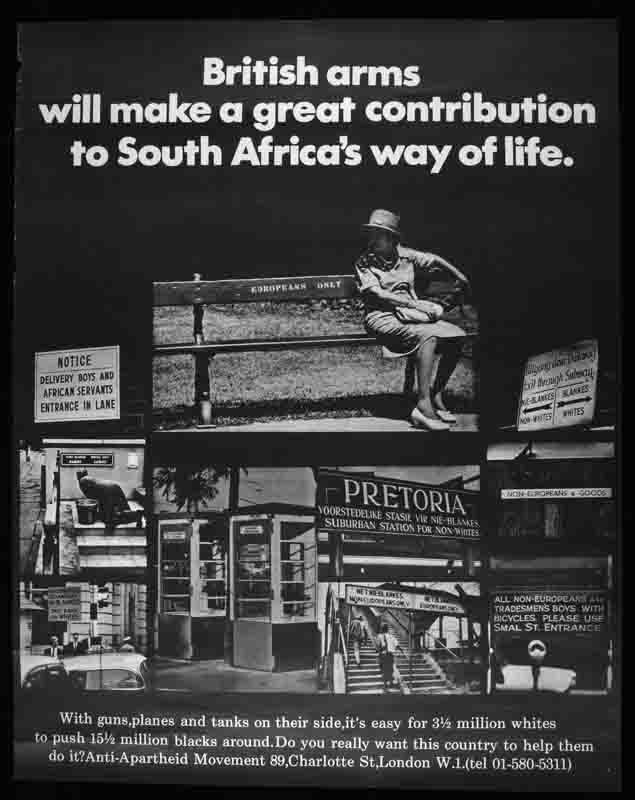

The people in this picture were part of a group of former prisoners (who had left South Africa) who walked from London to Manchester 



The campaign produced many posters, to educate people here about what was being done in South Africa, and how British companies were involved 



@threadreaderapp unroll maestro
• • •
Missing some Tweet in this thread? You can try to
force a refresh




